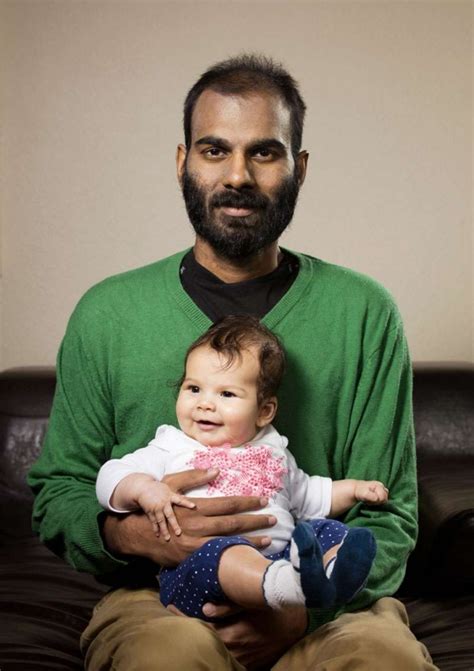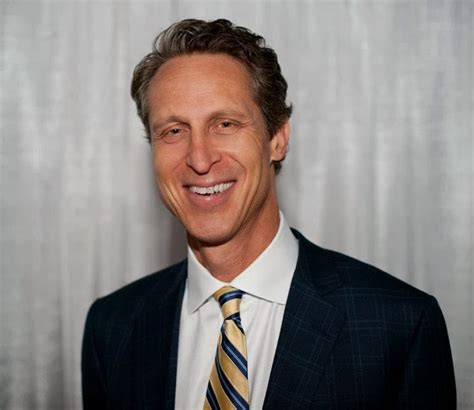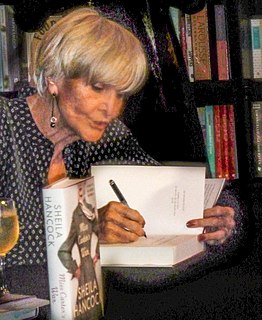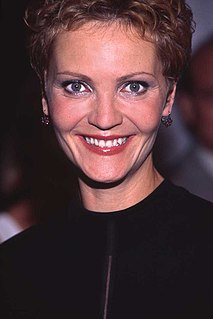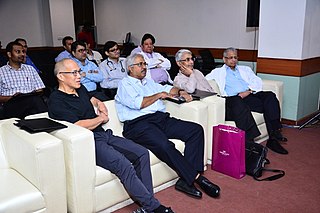A Quote by Paul Kalanithi
I have sat with countless patients and families to discuss grim prognoses: It's one of the most important jobs physicians have. It's easier when the patient is 94, in the last stages of dementia, and has a severe brain bleed. For young people like me - I am 36 - given a diagnosis of cancer, there aren't many words.
Related Quotes
Part of my training was learning how to refer patients to cardiologists for heart problems, gastroenterologists for stomach issues, and rheumatologists for joint pain. Given that most physicians were trained this way, it's no wonder that the average Medicare patient has six doctors and is on five different medications.
Few diseases present greater difficulties in the way of diagnosis than malignant endocarditis, difficulties which in many cases are practi- cally insurmountable. It is no disparagement to the many skilled physicians who have put their cases upon record to say that, in fully one-half the diagnosis was made post mortem.
The most blatant forms of denialism are rarely malevolent; they combine decency, a fear of change, and the misguided desire to do good - for our health, our families, and the world. That is why so many physicians dismiss the idea that a patient's race can, and often should, be used as a tool for better diagnoses and treatment.
Incredibly, nearly 70,000 Young Adults between 15-39 are diagnosed with cancer each year. 10,000 will not survive. This is a very important stat for me, because I fall in this category. I am one of these statistics. Unlike every other age group, there has been no improvement in the 5-year survival of young adults in 30 years. That means many young adults have the same chance of getting cancer and dying from it as they did in the 1970's. This is not OK.
